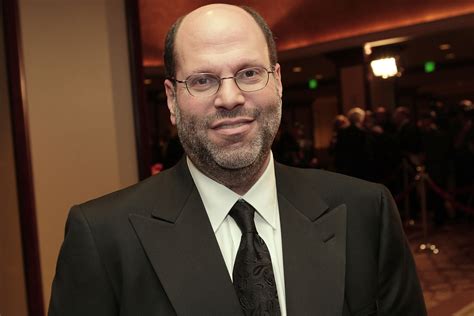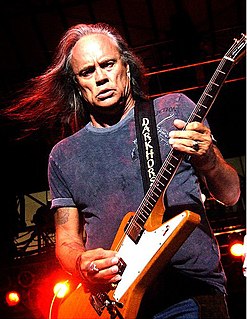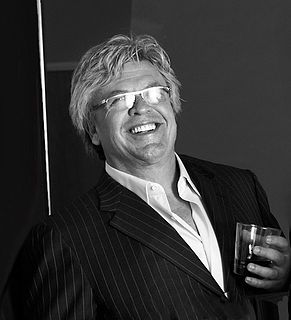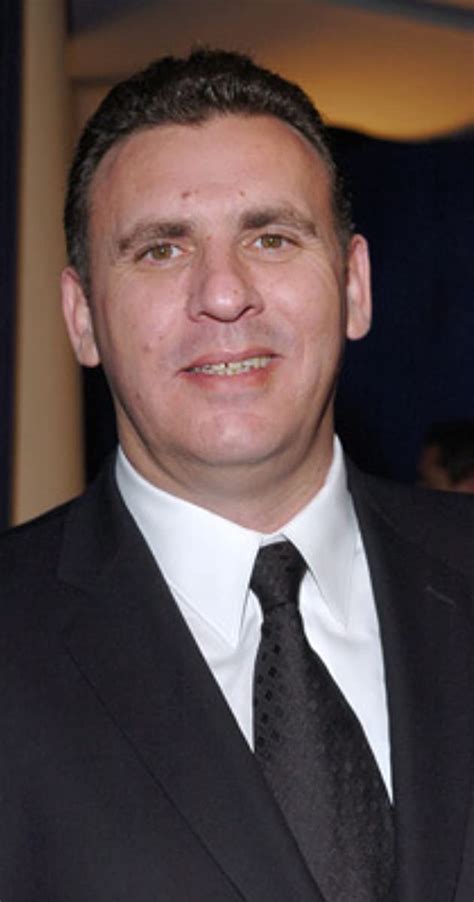A Quote by Joseph Campbell
My writing is of a very different kind from anything I've heard about. All this mythological material is out there, a big gathering of stuff, and I have been reading it for some forty- or fifty-odd years. There are various ways of handling that. The most common is to put the material together and publish a scholarly book about it. But when I'm writing, I try to get a sense of an experiential relationship to the material. In fact, I can't write unless that happens ... I don't write unless the stuff is really working on me, and my selection of material depends on what works.
Quote Topics
About
Anything
Been
Big
Book
Common
Depends
Different
Different Kind
Fact
Fifty
Forty
Gathering
Get
Handling
Happens
Heard
In Fact
Kind
Material
Me
Most
Odd
Out
Publish
Put
Reading
Really
Relationship
Scholarly
Selection
Sense
Some
Stuff
Together
Try
Unless
Various
Very
Ways
Working
Works
Write
Writing
Years
Related Quotes
What I think is important about essayists, about the essay as opposed to a lot of personal writing is that the material has to be presented in a processed way. I'm just not interested in writing, "Hey, this is what happened to me today." You get to a place that has very little to do with your personal experience and talks about some larger idea or something in the culture. I don't think you can get to that unless you have had a lot of time to gestate and maybe if I was taking a lot of notes while stuff was going on, I wouldn't be able to get to that place as easily.
Even my wife and two of my children are in "Leaves of Grass". Because I love the source material so much, it was really easy to write and an utter delight to get to direct because I had people like Edward [Norton] elevating the material and surprising me in their interpretations of all of this stuff that's so close to me.
People think once you get famous and rich you move out of the public sphere and you have nothing left to write about. I've heard that - Bruce Springsteen was this real street boy, now he's got this big house. How does that compute? If you don't look at the material side of someone's life, if you look at more the emotional side, there's always a wealth of stuff to write about.
I've told youngsters not to write their autobiographical novel at the age of twenty-one; to save it for the time when they're fifty-one or sixty-one. They should write other novels first, to learn their craft; they shouldn't cut their teeth on the valuable material of childhood because they'll never have better material, ever, to work with.
It [moviemaking] is not really done on a yearly basis. It's about how the material, and when the material comes in. If you develop your material and the script comes in great and you can attach a director and a cast and go off and make it, then I could make, I don't know, six [movies] a year. Or I could make one. It really depends.
Well, I think that the most exciting stage of any tour is getting the tour together. Because when new material works, there is no other feeling like that. It's just brilliant. And for the first half of the tour, you're still often finding the extra stuff in that material. You're exploring it every night.


































